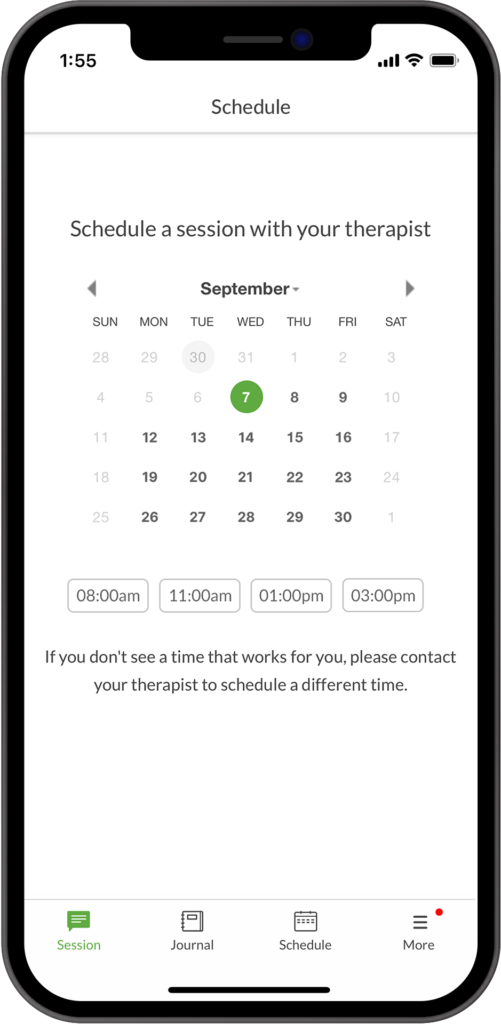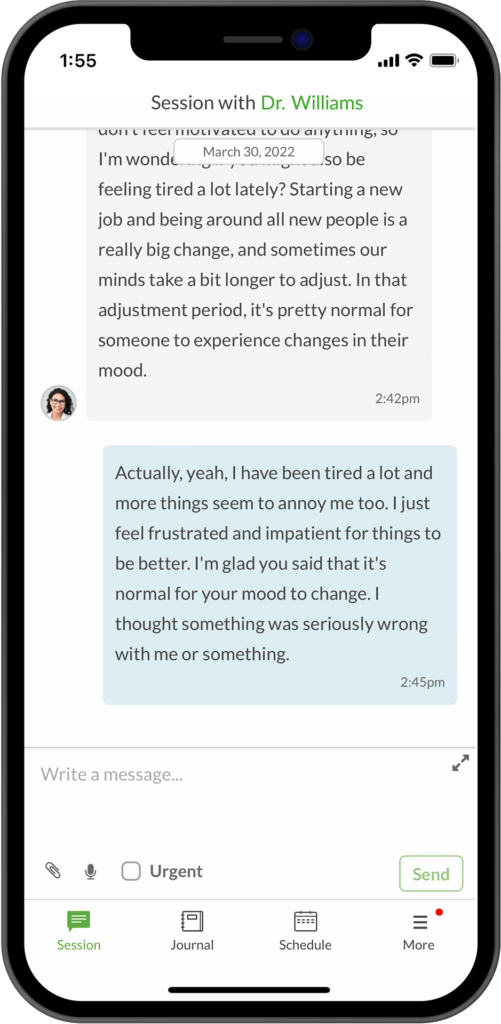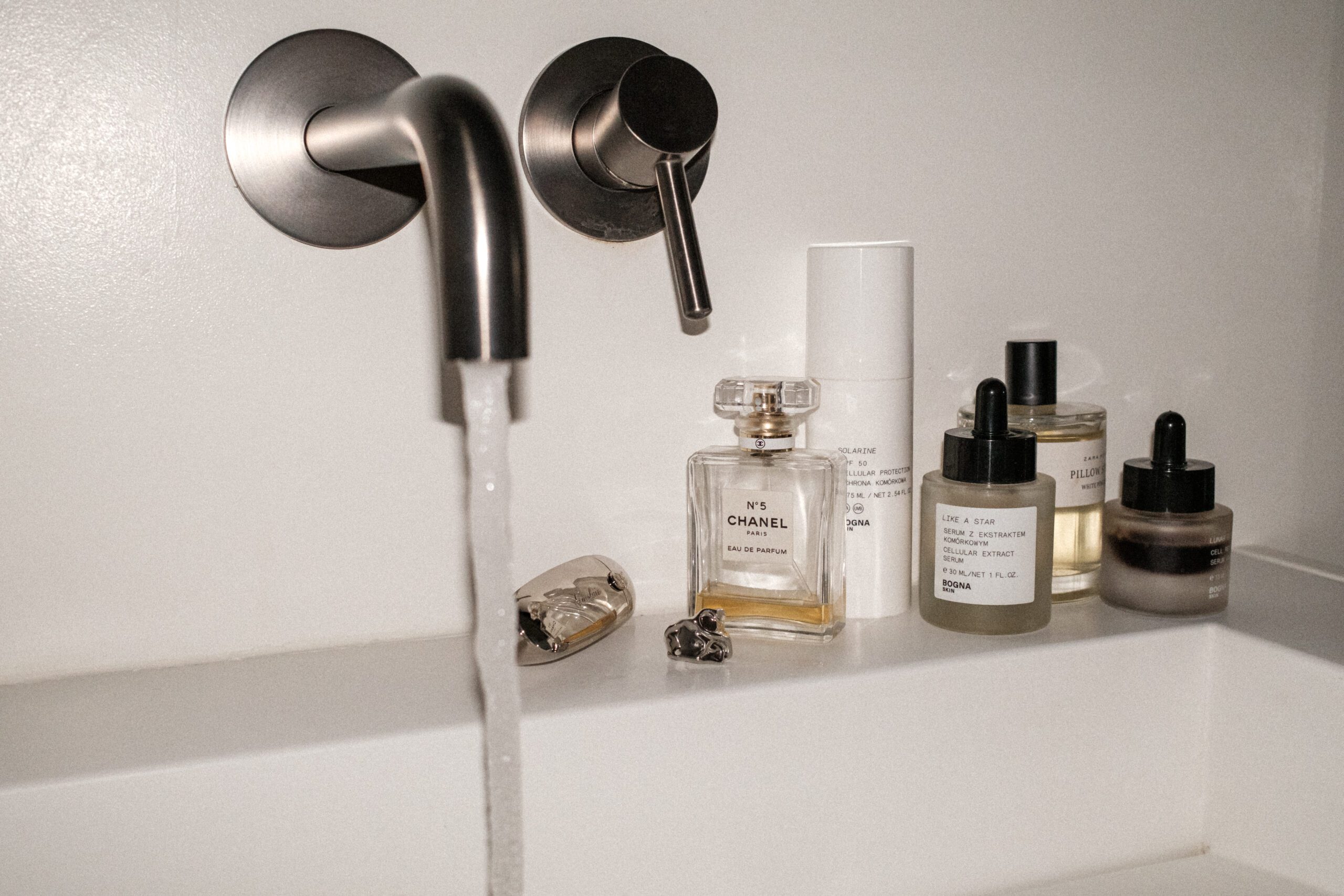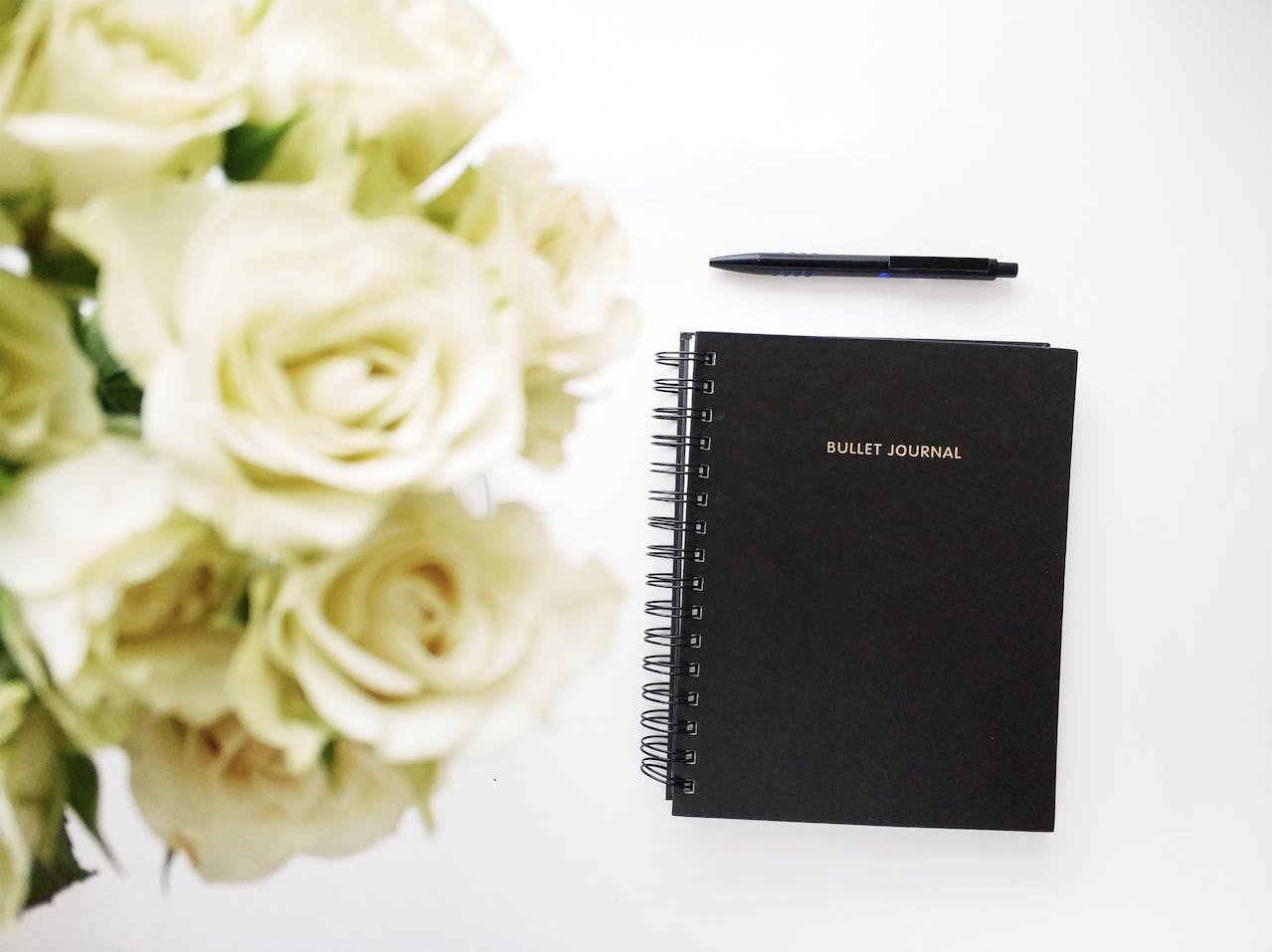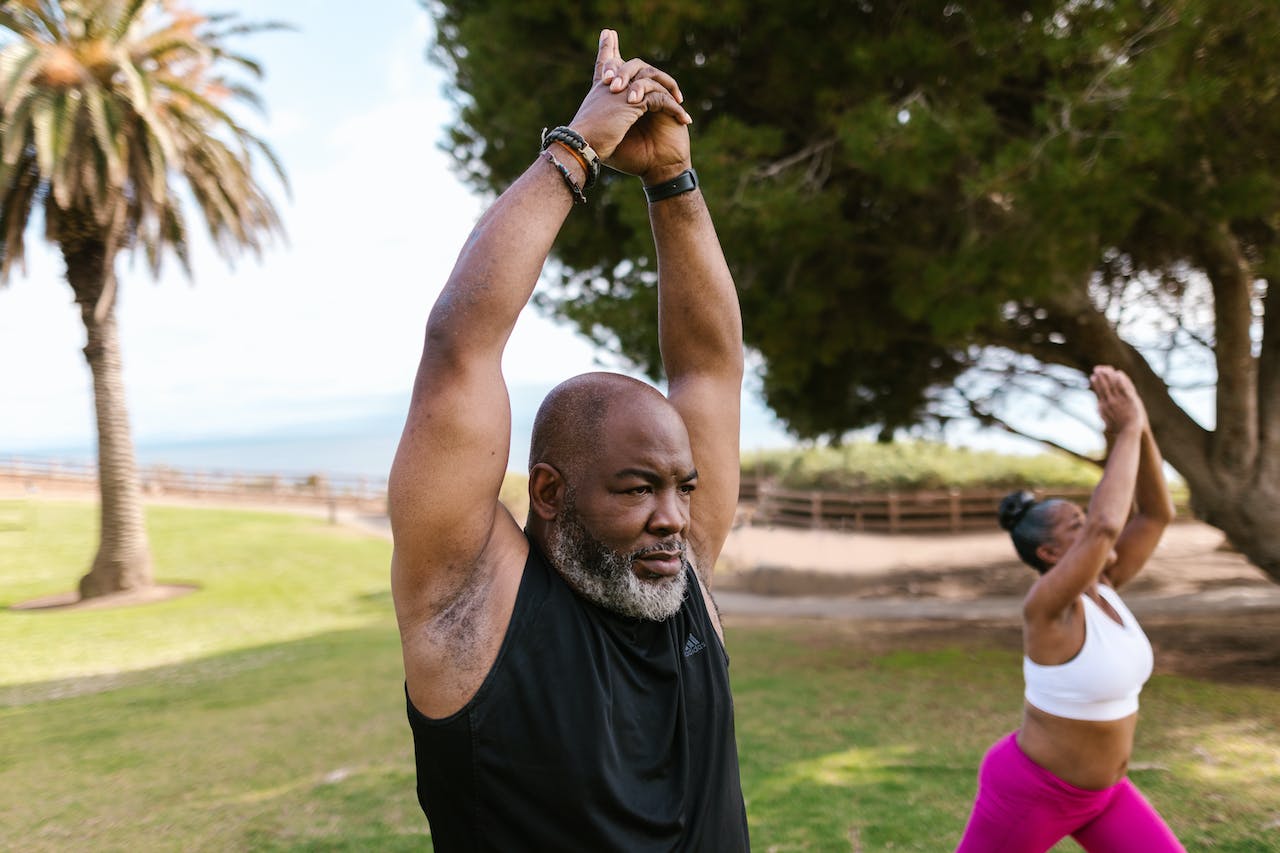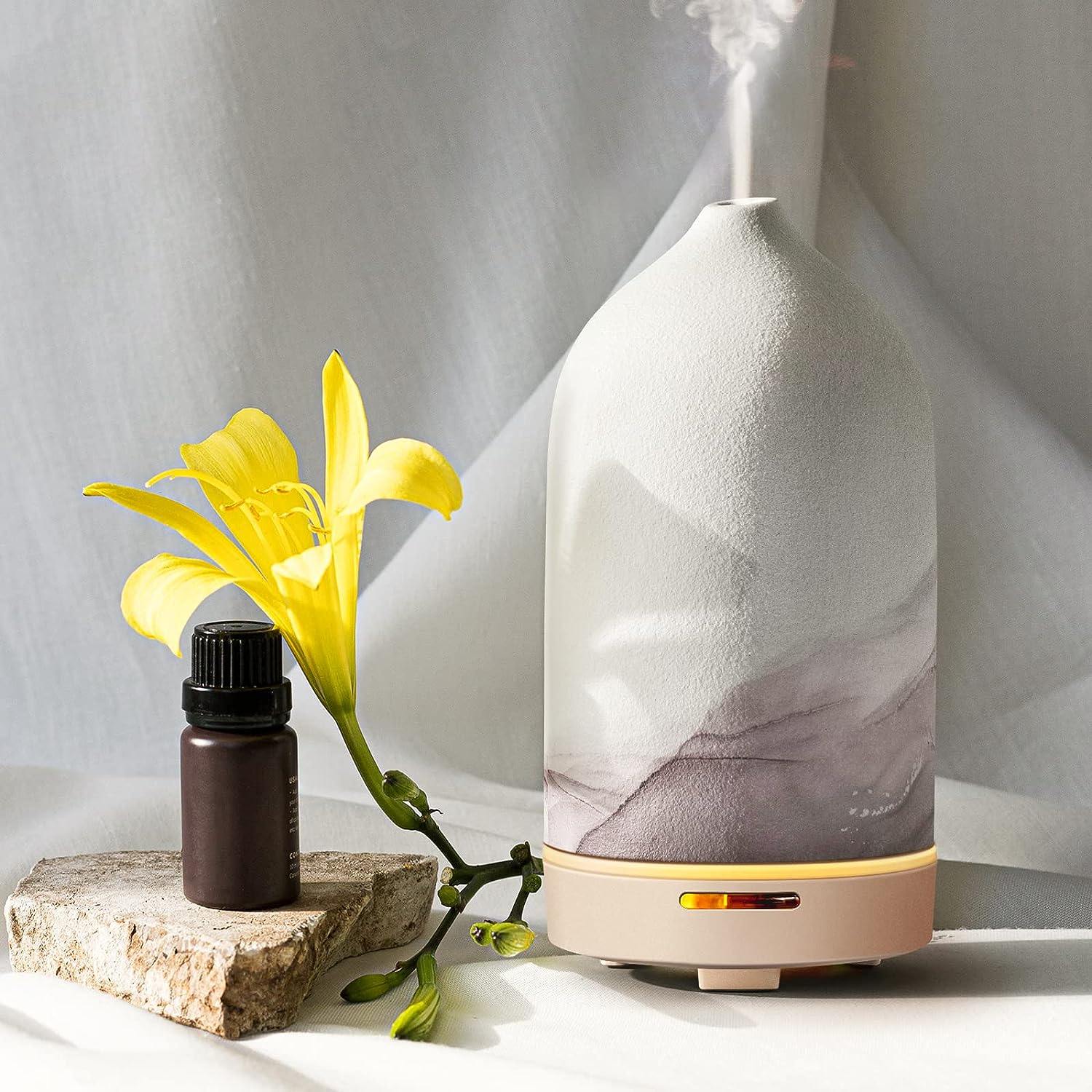Stress in relationships is a common challenge that many face. The constant demands of work, family, and daily life can take a toll on our emotional well-being and the connections we share with loved ones. Learning powerful ways to nurture those connections can help us better navigate the ups and downs of life with grace and resilience. I’m going to help guide you further with some effective strategies to reduce stress in relationships and foster strong harmonious bonds with all of those around you.

Table of Contents
Understanding Stress In Relationships
Stress in relationships can come about from many sources, including financial stress, disagreements in values or goals, lack of communication, or external factors like job stress. When left unaddressed, chronic stress can erode the foundation of a relationship, leading to emotional distance, resentment, and serious dissatisfaction. It is critical to recognize the signs of stress and take proactive steps to nurture a healthier connection.
The Importance Of Communication
Effective communication forms the bedrock of any healthy and happy relationship. By openly expressing thoughts, feelings, and needs, we create a space of trust and understanding. Active listening, where we give the other person our full attention and seek to understand their perspective, is a powerful way to nurture healthy connections. Regular and honest communication helps address issues before they escalate, promoting a more harmonious and stress-free relationship. Watch my short video here – The Most Powerful Way To Communicate.
Building Trust And Mutual Respect
Trust and mutual respect are fundamentals for building strong relationships. Trust means being reliable, keeping commitments you make, and being honest. It’s important to show respect for each other’s boundaries, opinions, and individuality. By creating an environment of trust and respect, we create a safe space where everyone can freely express themselves and navigate challenges together.
Managing Conflict And Disagreements
Conflict is a natural part of any relationship. However, how we handle conflicts determines the impact on our connection. When conflicts do come up, it’s important to approach them with empathy and a willingness to find common ground. Active listening, acknowledging each other’s emotions, and compromising can help resolve conflicts constructively. If conflicts become overwhelming, seeking the guidance of a couples therapist can provide valuable tools and insights for managing and resolving disagreements.
Cultivating Emotional Intimacy
Emotional intimacy involves the deep connection and vulnerability shared between partners. It is about creating an atmosphere of emotional safety, where both people can express openly and authentically without fear of judgment. Engaging in activities that promote emotional intimacy, like sharing gratitude, engaging in deep meaningful conversations, and practicing empathy, strengthens the bond between you and reduces stress.
Balancing Independence And Togetherness
A healthy balance between individuality and togetherness is critical to maintain in your relationship. Space for personal growth, hobbies, and interests is important and necessary. Encouraging and supporting each other’s pursuits offers a sense of independence and fulfillment. Quality time together should be cherished and reinforces the connection.
Managing Stress Together
Stress is an inevitable part of life, but when faced together as a couple, it becomes more manageable. By setting realistic expectations, prioritizing self-care, and creating a supportive environment, couples can effectively manage stress. Stress-reducing activities together, like exercising, meditating, or shared hobbies reduces stress and also strengthens the bond.
Nurturing Healthy Boundaries
Establishing and respecting boundaries is essential in any relationship. Healthy boundaries define our personal limits, preferences, and needs. Communicating boundaries effectively and honoring them within the relationship fosters a sense of safety and respect. Respecting each other’s boundaries cuts down on conflicts and misunderstandings, creating an environment that nurtures healthy connections.
The Best Resource If You Need Help With Stressful People



If you’re interested in learning more about online therapy, I recommend checking out BetterHelp. They offer online therapy sessions with licensed therapists at an affordable price point.
As you know I’m a huge proponent of mental wellness and ensuring we all get the help we need when we need it. And of course, I don’t want you just to get any help I want you to get the right help so I am now sponsored by BetterHelp.
BetterHelp is the world’s largest therapy service, and it’s 100% online.
BetterHelp offers a network of over 25,000 licensed and experienced therapists who can help you with a wide range of issues.
Just click on the link below, answer a few questions and get matched with a therapist from the network.
One of the most amazing features of BetterHelp, if you don’t jive with your therapist you can switch to a new one that’s a better fit for you any time free of charge.
With BetterHelp, you get the same professionalism and quality you expect from in-office therapy, but with a therapist who is custom-picked for you, more scheduling flexibility, and at a more affordable price.
Click the button in the image.

Be sure to checkout these other posts for more mental wellness tips.
- Stress Management: Ways To Reduce Stress
- Talking Mental Health With Dr. Josh Bess
- Adult ADHD With Dr. Dara Abraham
Conclusion
Nurturing healthy connections in relationships is an ongoing process that requires effort, understanding, and effective communication. Actively addressing stress and implementing things like open communication, building trust, managing conflicts constructively, and cultivating emotional intimacy, you can strengthen the bond and reduce stress. Remember, each relationship is unique, and it’s essential to tailor these strategies to suit your specific situation. Invest in your relationship, and enjoy the rewards of a healthy and fulfilling connection.
FAQ’s
Navigating stressful conversations, managing stress in other areas of life, and nurturing connections are all critical to maintaining a healthy relationship. Here are answers to some frequently asked questions related to stress in relationships and nurturing healthy connections:
How can I avoid a stressful conversation?
Avoiding a stressful conversation altogether may not always be possible or healthy for a relationship. However, there are things you can do to navigate conversations in a more constructive and less stressful manner:
- Choose the right time and place: Find a time when everyone is calm and can give the conversation your full attention. Ensure privacy and minimize distractions.
- Use “I” statements: Express your thoughts and feelings using “I” statements to avoid sounding accusatory. For example, say, “I feel upset when…” instead of “You always make me feel…”
- Practice active listening: Listen attentively to the other person’s perspective without interrupting. Show empathy and do your best to understand their point of view before responding.
- Take breaks when needed: If the conversation becomes heated or overwhelming, it’s okay to take a break. Agree on a time to reconvene and continue the discussion when everyone feels calmer.
Remember, the goal is not to avoid all difficult conversations, but to approach them with respect, understanding, and a willingness to find solutions together.
How can I learn to better manage other stress in my life?
Stress can affect various aspects of our lives, including our relationships. To better manage stress in other areas of your life, consider implementing these strategies:
- Prioritize self-care: Take time for activities that recharge and rejuvenate you, like exercise, meditation, or pursuing hobbies. Self-care helps build resilience and reduces overall stress levels.
- Practice stress management techniques: Explore different stress management techniques, like deep breathing exercises, mindfulness, or journaling. Find what works best for you and incorporate it into your daily routine.
- Seek support: Reach out to trusted friends, family, or professionals when you need support. Sharing your feelings and concerns with others can provide a fresh perspective and help alleviate stress.
- Set realistic expectations: Avoid overwhelming yourself with unrealistic expectations. Break tasks into manageable steps and focus on progress rather than perfection.
- Delegate and ask for help: Don’t hesitate to delegate tasks or ask for help when needed. Sharing responsibilities can lighten the load and reduce stress.
Remember, managing stress is an ongoing process. Be patient with yourself and celebrate small victories along the way.
What other tips will help me nurture the connections in my life?
Nurturing connections goes beyond just romantic relationships. Here are some tips to foster healthy connections in various aspects of your life:
- Show appreciation and gratitude: Express gratitude for the people in your life. Small gestures like a heartfelt thank you or a thoughtful note can go a long way in strengthening connections.
- Spend quality time together: Dedicate focused time to connect with loved ones. Engage in activities you all enjoy, have meaningful conversations, or create new memories together.
- Practice empathy: Seek to understand others’ perspectives and experiences. Put yourself in their shoes and validate their feelings, even if you may not agree.
- Be supportive: Offer support and encouragement to those around you. Celebrate their successes and provide a listening ear during challenging times.
Remember, nurturing connections requires effort, understanding, and consistent communication.
Be sure to check out Better Help with the link if you are looking for a professional to talk to. Therapy can be a great way to alleviate stress.

